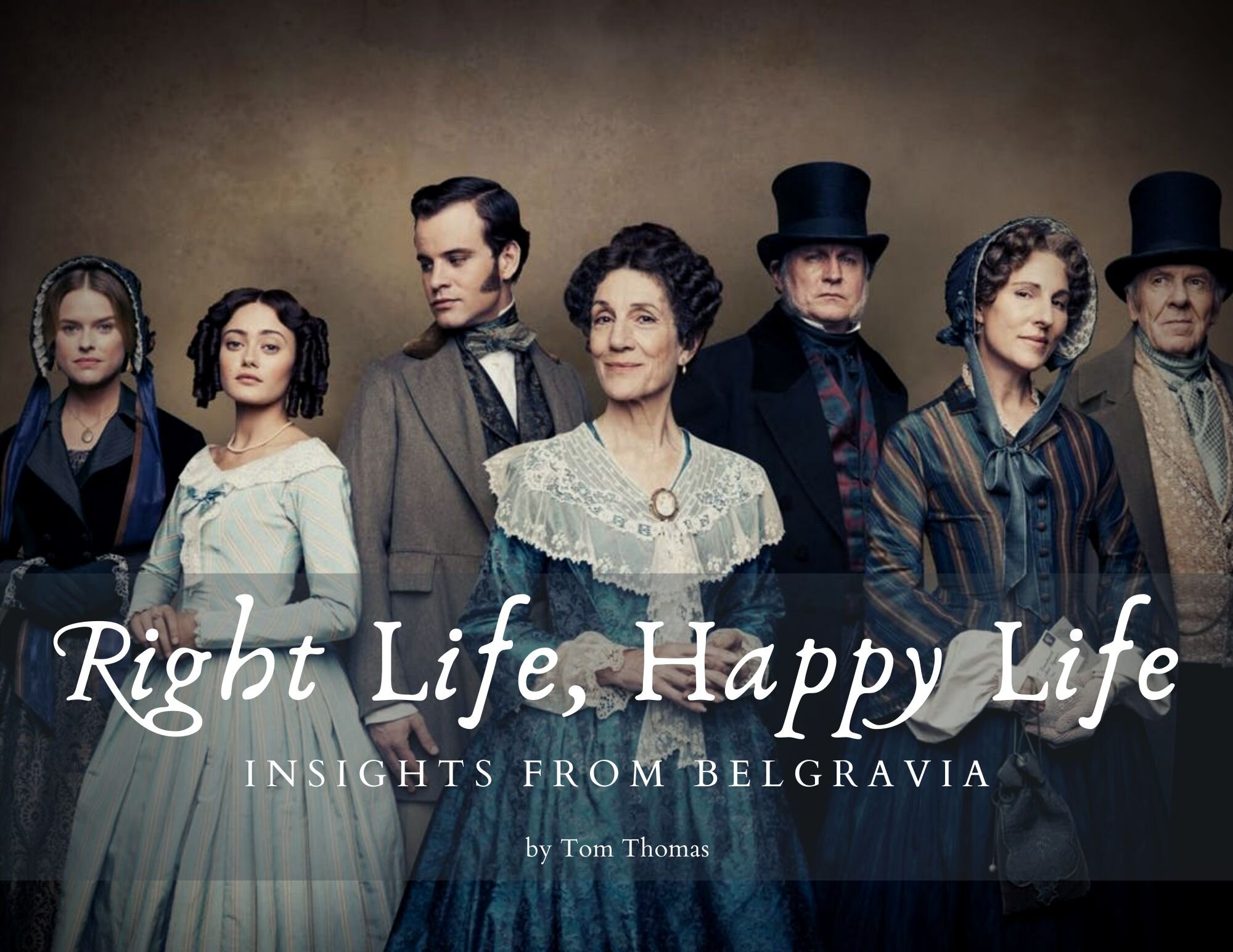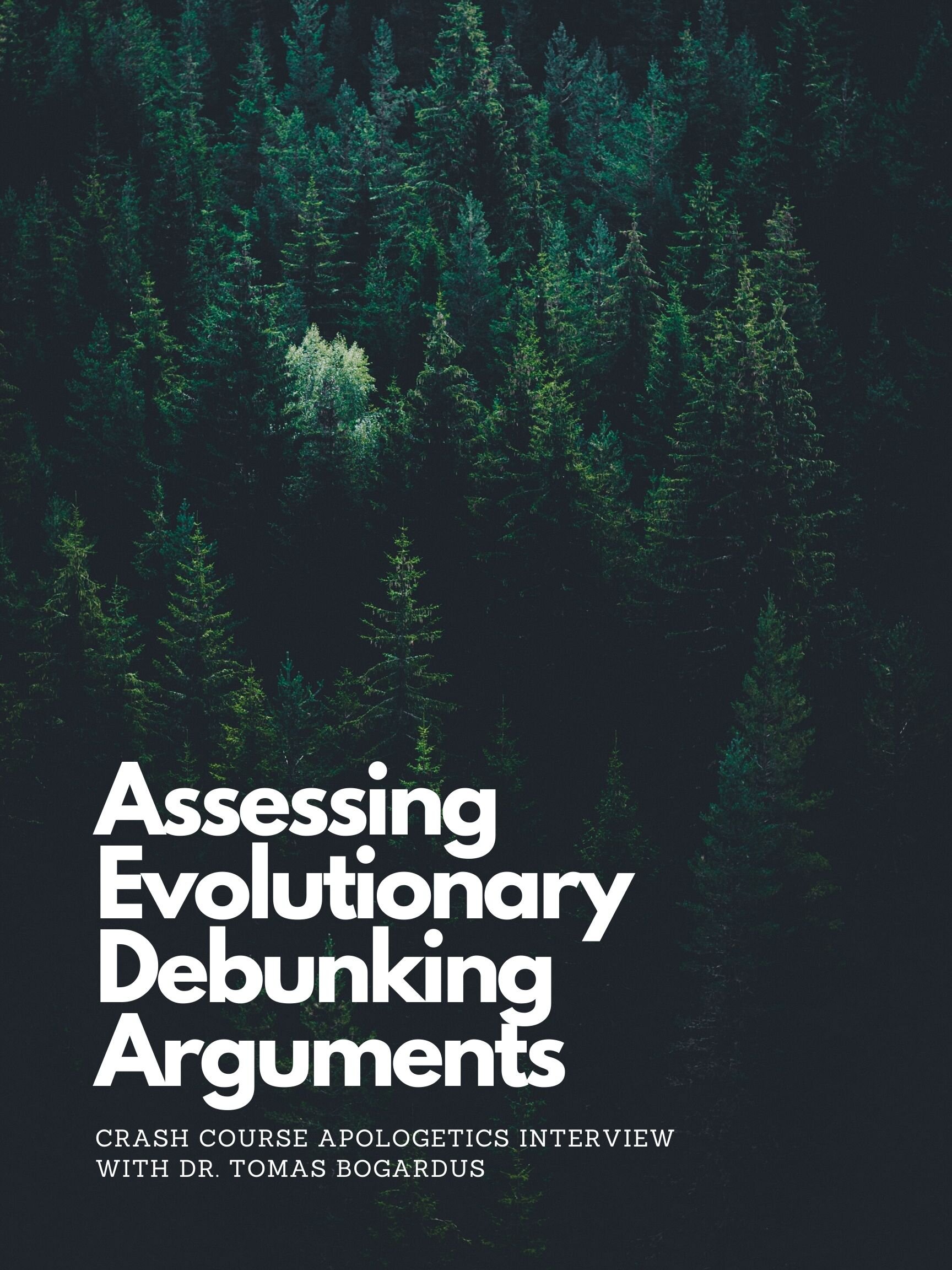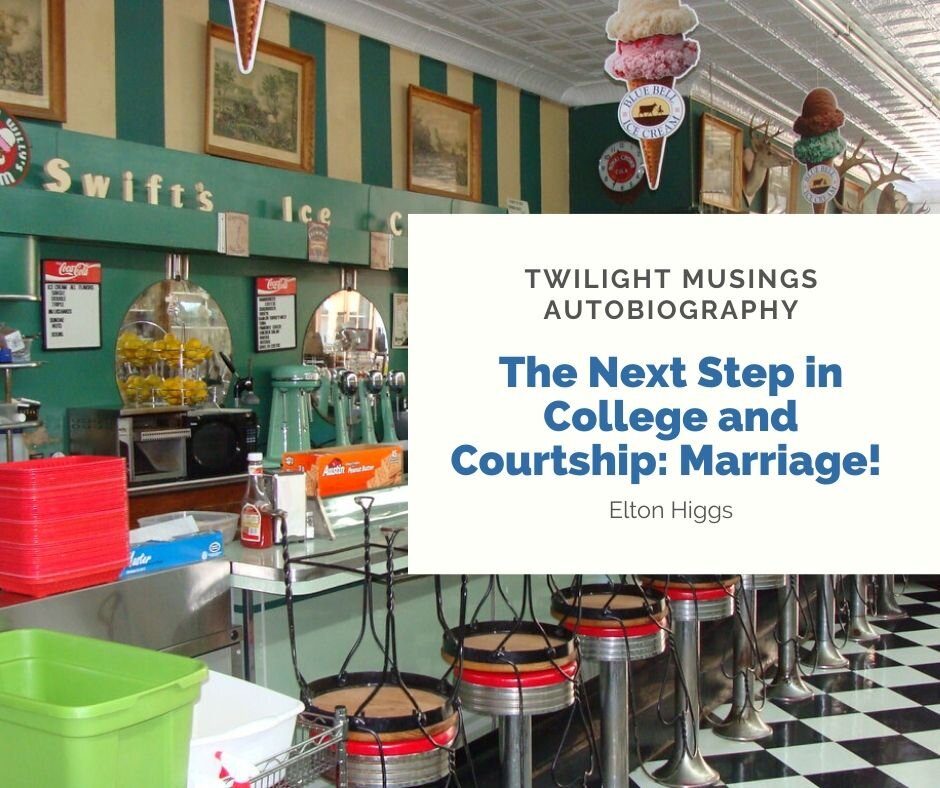An Argument for God’s Existence from Gardening
/Over the past few years, I’ve imagined and even longed for the day when I would have time to venture into organic gardening. This year as the school where I teach moved from in-person to online instruction in mid-March, I suddenly found myself at home with more time on my hands. As a result, I decided that this year was the year I’d finally grow a garden. Since I had no idea what I was doing at first—and still have a lot to learn—I began reading numerous articles, read and re-read a book I have on organic gardening (The Vegetable Gardener’s Bible by Edward C. Smith), and watched countless YouTube videos in an effort to adequately prepare myself for growing and managing a successful garden.
Quite honestly, my initial interest in growing a garden was mainly based on my desire to provide healthy, homegrown food for myself and my family. I also thought it would be a fun experience to share with my wife and kids. However, what I’ve learned and experienced over the past few months has brought many unexpected things: incredible excitement and joy, along with an overwhelming sense of peace, and most surprisingly—a deeper relationship with God and a renewed interest in who he is as Creator.
A deeper relationship with God and a renewed interest in who he is as Creator? How is that? I mean, we are talking about a garden, a mound of dirt with some plants that require watering from time-to-time, right?
What I’d like to do now is offer four things that I’ve learned from gardening over the past few months—four things that essentially serve as an argument (of sorts) for God’s existence, in addition to revealing some important aspects of his divine character.
Purpose. First, everything in a garden has a purpose. From the worms to the ladybugs, to the soil, the sun, and rain—everything has an important role to play. Even garbage (i.e., compost) has a purpose, as it fertilizes plants by enriching the surrounding soil with important nutrients that allow for the plants to grow and thrive.[1] With many things working together, each doing its own job, a bountiful harvest becomes possible. But how is this evidence for God? Everything that belongs in the garden is there for a purpose. Anytime there is purpose, there is intent, and intent reveals a personal will. Purpose also reveals wisdom, and wisdom comes from a personal intelligence. Therefore, purpose in creation points in the direction of a divine “Purposer” or, more specifically, an all-wise personal God.
Order. Second, there is an order to the way things work in a garden. Apart from order, gardening would be impossible. I’ve learned that careful soil preparation must precede planting, that seeds and young seedlings must be planted at specific times and then watered sufficiently, and so on. To further illustrate the point, consider how gardeners and farmers typically strive to improve their yield in succeeding years based upon what they have learned in previous years—which is only possible in an environment of order. Order is a problem for naturalism, which maintains that prior to the Big Bang, the universe was in a state of chaos. Additionally, naturalism involves believing that after the Big Bang, an ensuing set of random processes somehow produced order. This is problematic because chaos does not produce order; chaos only produces further chaos. Likewise, randomness only produces more randomness. A tornado cannot rip through a landscape and lay down a perfectly organized garden, even if all of the seeds are already there. A storm is unable to produce systematic rows of evenly divided crops of various kinds. This begs the question: Why does order exist, even within something like a garden, if the universe is just the result of chaotic origin and random material processes? Anytime there is order, a conscious mind is behind it. If a God of order exists, we would expect to find exactly what we find: an orderly creation. Because an orderly creation exists, we have evidence for an orderly God who stands behind it all (1 Corinthians 14:33).
Taste. Third, the food that I’ve grown in the garden is incredibly tasty. In my opinion, there aren’t many things that taste better than fresh-picked, homegrown strawberries or blackberries. I’ve also really enjoyed the delectable flavors of squash and green beans, and I will soon delight in the pleasant palatability of tomatoes and peppers. Here’s a thought I’ve often had, especially as a lover of food: Why does food taste good? I mean, couldn’t food be just as nutritious and enable us to survive and even flourish if it had no taste at all? The wonderfully delightful tastes of various foods seem to be “add-ons,” like something extra. Perhaps all of different flavors of food are actually evidences of a wonderfully good God, who desires to not only satisfy our hunger and innate need for food, but to also allow us to enjoy the pleasurable experience of tasting and savoring the different flavors he has created (Proverbs 24:13).
Beauty. Fourth, before growing a garden of my own, I had no idea how beautiful so many fruit and vegetable plants actually are, especially the flowers they produce. Every morning when I walk out to my garden, I notice bright yellow blooms on the squash and zucchini plants, small white flowers on the pepper plants, white and red flowers on the strawberry plants, and colorful flowers on all of the tomato plants as well. I’ve learned that these flowers exist in order to attract pollinators (which goes back to our “purpose” discussion above), but it seems they also exist for something more—to point us to the beauty of their Creator. Like taste, beauty is an “add-on” to the world; it is not something that is needed for survival. Beauty exists as a mark of design and order; it is something that is to be enjoyed, of course, but it is not an end in itself—it provides us with opportunity to reflect on the ultimate source of beauty. And as we allow the beautiful things we see in creation to push our hearts and challenge our minds to search for the ultimate source of beauty, we encounter our beautiful and good Creator, the divine Artist of creation himself (Psalm 19:1; Ecclesiastes 11:7).
There’s just something about a garden. This is a thought that I didn’t expect to have, but it is one I’ve had repeatedly over the past few months. Perhaps it’s because when we are in a garden, we are at home in the place where our existence began (Genesis 1-3)—and the place where those of us who trust in Christ will one day enjoy God’s presence forevermore (Revelation 21-22). There is much more that I could say about my gardening experience (including some frustrations), and I realize that I have much more to learn—but, for now, I rejoice in the fact that through gardening I experience the same glorious Creator who made the first garden and the One who will also fashion the last garden. Now, if you’ll excuse me, it’s time for me to go outside and check on my garden again…
Stephen S. Jordan currently serves as a high school Bible teacher at Liberty Christian Academy in Lynchburg, Virginia. He is also a Bible teacher, curriculum developer, and curriculum editor at Liberty University Online Academy, as well as a PhD candidate at the Liberty University Rawlings School of Divinity. Prior to his current positions, Stephen served as youth pastor at Pleasant Ridge Baptist Church in State Road, North Carolina. He and his wife, along with their three children and German shepherd, reside in Goode, Virginia.
[1] Placing compost into the garden is basically taking dead, rotten material and using it to bring about life among the plants. Surely, there is a spiritual application here somewhere.


























































